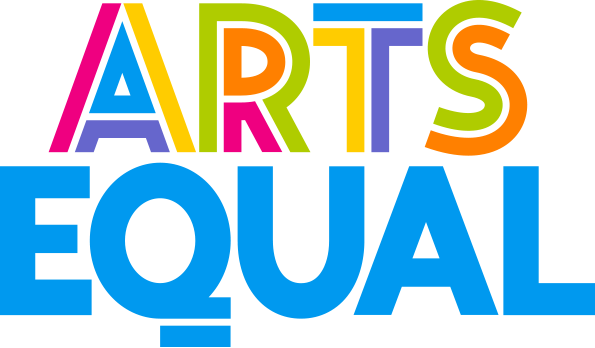Toolkit for instrumental music teachers - Toolkit for instrumental music teachers - Artsequal
null Toolkit for instrumental music teachers
The toolkit written by Guadalupe López-Íñiguez provides information about relevant research on constructivist instrumental music teaching and learning, and offers suggestions for teachers on how to enact pedagogical equality through putting constructivist theories into practice.
In the Finnish national core curricula for Basic Education in the Arts, student-centered approaches to education have become predominant as a result of a slow but steady reform process. In 2002, the concept of “a good relationship to music” [hyvä musiikkisuhde] – strongly connected to the main principle of Finnish child legislation of “the child’s best interests”, and based on inner motivation and personal meaning-making when experiencing music – was included in the national core curriculum for the first time. The new core curricula for Basic Education in the Arts in Finland follow the same ideal.
However, despite these efforts, there is little evidence to state that constructivist approaches to teaching and learning in Finland have resulted in a shift from teacher to learner centeredness in instrumental music teaching practices or other educational settings. This claim is supported by research studies stating that the constructivist theory itself is accurate but the pedagogical practices do not necessarily follow. This may be because it is difficult for teachers to change their conceptual views of learning, and therefore, to transform their classroom practices. It is also possible that the strong presence of the master-apprenticeship tradition in one-to-one instrumental music teaching and learning has influenced music teachers to maintain an authoritarian teacher-student relationship.
As a consequence, the following questions remain relevant in different educational settings related to instrumental music in Finland and elsewhere: Does the idea of having a “good relationship to music” effect teaching practices, and if so, in what ways? Is it possible that the learner-centered approach enhances democracy within the teacher-student relationship without necessarily making teaching and learning more constructive? How are constructivist approaches to teaching and learning experienced by students?
Dr. Guadalupe López-Íñiguez is a Spanish scholar-musician living in Helsinki. Her PhD in Psychology examined the psycho- logical processes involved in acquiring musical knowledge among string instrument players, teachers and students from constructivist perspectives. Her current artistic and scientific research project at the Sibelius Academy, funded by the Kone Foundation, is on Beethoven’s and Mendelssohn’s cello works. She has published in international peer-reviewed journals and works as a cello performer and recording artist.
Toolkit for instrumental music teachers in Finland (PDF)
